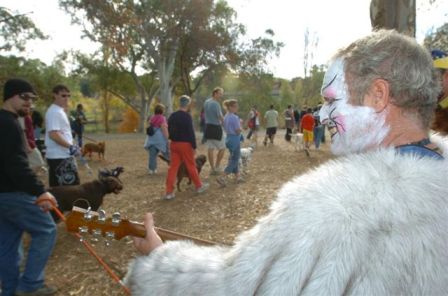What do you think the role of the youth worker is in counselling? Particulalry in the sexual health area.
Some people say counselling is only the domain of people with counselling qualifications. Others say the helping and giving advice is counselling. Below are two definitions
"helping the client resolve conscious conflicts with the focus on setting goals and problem solving. A wide variety of techniques may be used including verbal communication. Counsellors assist the client to focus on constructive behaviours which will help the client reach specific goals. A counsellor's training background may be from a variety of fields, including education, health care, and psychology.www.inneraccess101.com/glossary.htm "
or
Counselling is a process where clients are helped in dealing with their personal and interpersonal conflicts by a third party therapist.www.mediate.ca/shortglossary.htm
Please add to this blog and have your say: On this or any other youth sexual health issue
Subscribe to:
Post Comments (Atom)





As a counsellor, I do agree with the fundamental ideas of counselling as helping people to set goals, identify problems and seek solutions. I also agree that counselling can help people deal with interpersonal conflict.
ReplyDeleteHowever, “counselling”, to me, is much more than that. Counselling is about recognising the human-ness of each and every one of us, counsellors and youth workers, politicians and royal family members included!! It is about seeing that as humans we are not always logical, rational, happy, successful, able to work problems out or make decisions and this is very normal. It is about accepting that sometimes interpersonal problems present us with unique opportunities to get to know ourselves and seek understanding about this, that goal setting and problem solving aren’t always as easy as plugging in numbers and getting a solution at the end of it, sometimes we struggle with things and this can be an enriching experience in life. It enmeshes us in lived experience and shows us what it means to be alive (does this sound a bit existential??).
I also believe that therapy doesn’t have to take the traditional form of counsellor, client, sitting in chairs one on one for an hour a week/fortnight. Being in an environment that helps a person feel relaxed and able to open their minds to the issue at hand is deserving of attention.
Now to the role of youth workers (YW) in counselling. Fortunately, I was a youth worker while studying at uni to become a psychologist so I have the benefit of hindsight!! Looking back, I think I was doing some of the above stuff without realising it, feeling it was part of my role to encourage young people to trust in their own decision making, even if that meant asking someone else to share their thoughts before deciding, that to make mistakes was okay, that sometimes life is tough, but that is okay too, there is always a path (choice/decision) to follow.
In this context, I see YW’s as offering a more flexible type of counselling for youth, one that is not bound by once a week hourly time frames, doesn’t get bogged down with “professional/acknowledgeable client” dynamics and is able to offer a wider range of supports for the young people they work with. Youth workers, to get a good grasp on how to work with youth, can develop reflective listening skills, learn how to read micro-body language, frame situations/issues in the “big picture” and advocate for the young people who may not have anyone else. This sounds like counselling to me, just not the traditional model.
In another context, youth workers and counsellors could work together to provide a service where different models of “counselling” could work hand in hand to provide a complete service for youth.
Both can work together in the different contexts of roles, one on one and in other settings.
So, is the field of counselling the domain of those with counselling qualifications? I think my description is too broad for me to believe it is. Although I’m sure some would differ in their understanding!!
Abby